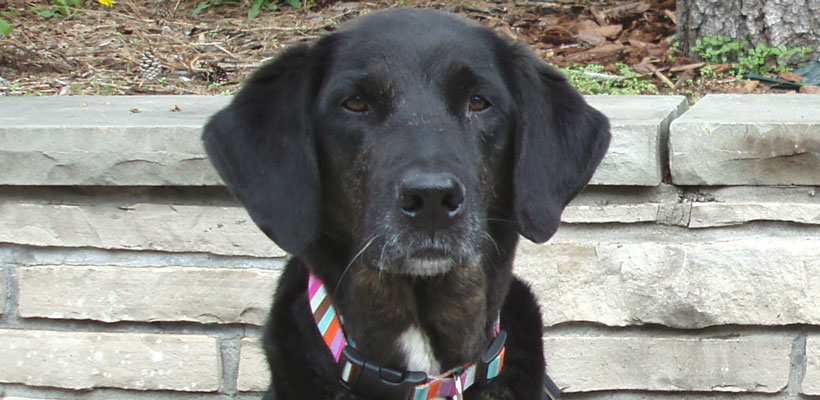Getting Better All the Time
I have to admit it's getting better (Better)
It's getting better since you've been mine
Getting so much better all the time!
- The Beatles, Getting Better
Here's the thing about your relationship with your dog: it's almost always pretty great. And it can always get better.
My first piece of advice: do a reality check.
At the risk of stating the obvious, in order for things to get better, you need to know how things are. So assess the current state of affairs.
There are a couple of ways you can do this. One, loved by dog geeks everywhere, is data collection.
Notice the ratio of positive (i.e. affirming and affectionate) to negative (repressive, disapproving) interactions.
How often do you say no, huff in exasperation, or say your dog's name in a warning 'oh oh' tone?
How often do you compliment your dog, engage them with toys or a game of tug, or touch them in ways they enjoy?
(If you're not into data collection, observe your friends and acquaintances with their dogs. Are they in general more positive than you are? More negative? Who seems to have the best rapport with their dogs, whose dogs seem happiest?)
The ideal ratio for a successful relationship, according to some dog experts and human psychologists, is 5:1, positive to negative.

Another reality check: what is your dog's body language telling you? Reading body language is both a science and an art, and is also very individualized (your dog is indeed unique!) There are lots of resources online to help you out: https://www.silentconversations.com/introduction-to-dog-body-language/.
Having gathered the data, or observed your peer group, you can now Accentuate The Positive (Johnny Mercer this time, not The Beatles).
You might just let your dog do more of their favourite stuff, especially any activities that you usually curtail, like sniffing a lot. Take your dog on short ten minute sniff tours at times when you don't routinely walk them.
Another tip: practice 'Two Strikes -- Do Something Different!' (2 Strikes, DSD)
2 Strikes, DSD is a core concept I teach in most of my coaching packages. If you ask your dog to do something and they don't respond, pause, repeat it once, and if they still aren't offering the behaviour, then do something different.
As humans we like to repeat ourselves, sometimes with increasing volume, with the hope that somehow we will get the answer/ behaviour we want. This actually escalates our frustration, something which your dog is very aware of, and often intimidated by. (Who do you think is better at reading whom? A topic for another blog post!)
Irate repetitions often just confuse our dogs. And sometimes what they learn is to wait till we've repeated something five times before responding!
Depending on the dog and their learning history, what you choose to do differently will vary - it might be cuing an easier behaviour, it might a treat toss and asking them to 'go find it', it might be trying the visual rather than the verbal cue.
You will feel better (no useless repetition!) and over time your dog will be more engaged and confident, and more likely to be able to respond to you when you cue them -- once or twice, tops! -- again.
I've mentioned spending more time doing your dog's favourite thing, but equally important, do more of what you like! For example,
one study showed that people felt closer to their dogs after rough housing/puppy wrestling with them than they did after playing fetch with them.
I'd never really thought about this! It makes sense; rough housing engages us more than simply hurling a ball and waiting around. (Obviously, ensure your dog enjoys roughhousing too -- if they get over-excited, or show fear, you are overdoing it.)
In any case, don't just ask what your dog likes, but ask yourself what makes you feel closest to your dog, and put more time into that too.

I am mindful that tips for relationship improvement can be equal parts enlightening and irritating to read: "I didn't think of that" (sometimes followed by "I'd never do that"), or "Yeah, yeah, I know that already". Whatever the case, I trust that your relationship with your dog is getting better, getting better all the time!

